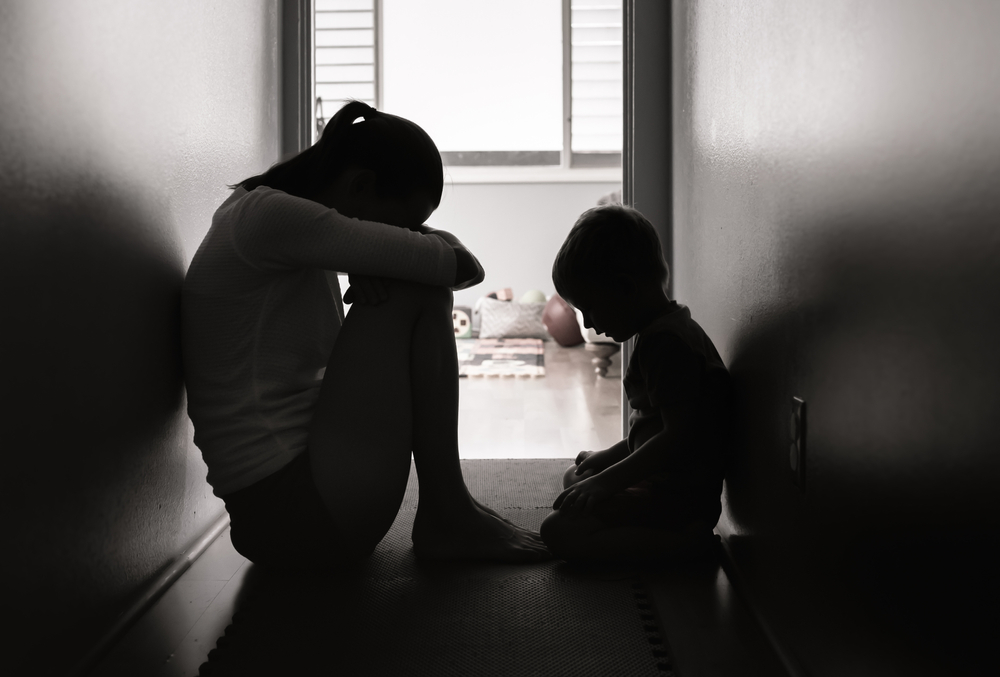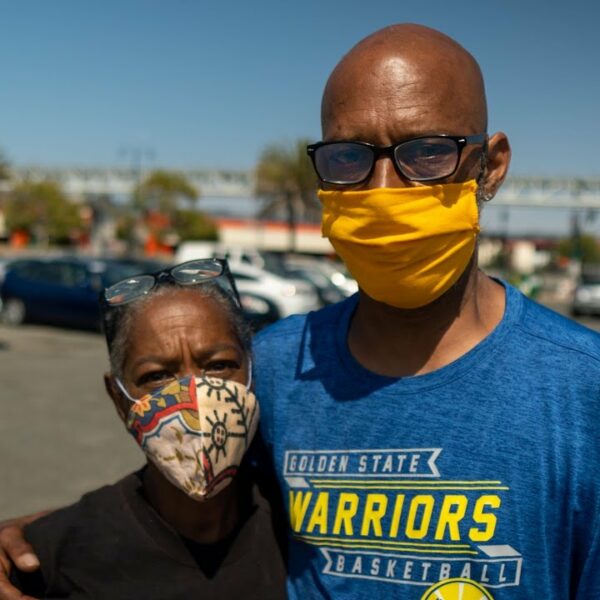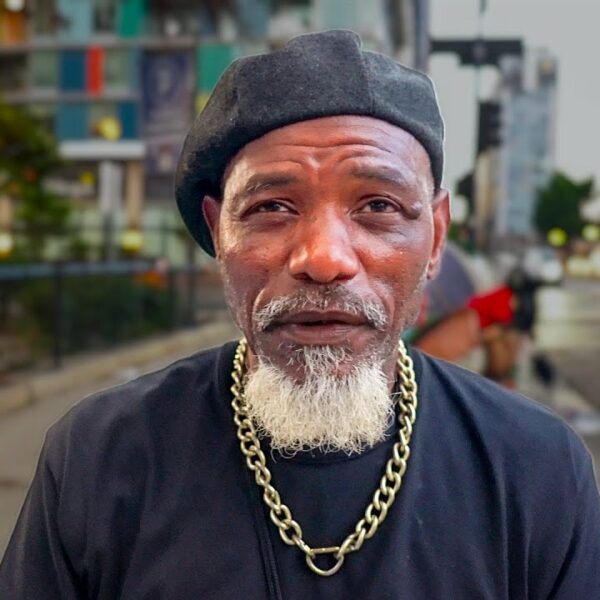Eviction moratoriums are coming to a close. Even if measures are taken to stave off the crisis, there lies no doubt that without a long-term, permanent shift in legislation, millions of people will face eviction.
These unprecedented circumstances are not only a direct result of the pandemic and subsequent shutdowns and job closures. They are also the direct result of our reaction to said pandemic.
The international public health crisis did a great deal to expose the holes in our economic social structure. Unfortunately, the end result is millions of renters falling through the cracks.
It’s Hard to Pinpoint a Precise Number, but It’s Being Reported that Somewhere Between 6 million and 11 million Renters are Now at Risk for Eviction Now that the Federal Moratorium Expired. If You’re one of Them, You Must Follow These Guidelines to Avoid Eviction and the Very Real Possibility of Homelessness
Life on the streets can happen suddenly, a fact many current members of the homeless community can confirm.
Some of the most common reasons for sudden unhoused status include:
- Job loss
- Wage stagnation
- Health issues
- Lack of affordable healthcare
- Loss of a loved one
- Wealth inequality
- Inaccessible housing
All of the above-listed incidents (and more) could have happened to you or someone you love in the previous year when the pandemic plowed through and crippled the global economy.
Experts project that at the current rate, millions of households are at risk of homelessness as moratoriums are lifted. Estimates range broadly between about 6 million and 11 million households, which experts agree is astronomically high.
If it sounds like you may be at risk, pay close attention. Following these critical steps could make a world of difference in your life moving forward. They could even mean the difference between living in a safe, affordable home and attempting to survive the brutal state of homelessness.
Step One: Gather Information
Before you even attempt to combat a possible looming eviction, you should make sure you are up-to-date with all the latest legislation designed to protect you. Post-pandemic legislation is quite different from what you might have witnessed over the past year.
When we were knee-deep in the public health crisis, anti-eviction laws existed pretty much all across the country. Now things are trickier, as we have reverted back to a place and time where legislation regarding eviction varies drastically from one state to the next. Do not allow that to intimidate you.
Follow this link to get started learning about landlord-tenant legislation specific to your locale. If you reside in any of the following regions, your eviction moratorium might even be extended. Those regions currently include:
- Hawaii
- California
- Illinois
Step Two: Make Contact
If you fear a possible eviction, once you become aware of your location-specific renter rights, you should immediately proceed by making contact. Who should you be contacting? There are several people and organizations you should try to get in touch with as soon as possible. They are:
- Your landlord
- A legal representative
- A HUD sponsored counseling agency
- Your local housing authority
- Your local representatives
When you reach out to your landlord, be sure to provide them with a declaration of moratoria (referred to as a CDC declaration by some legal aids). This declaration will show that you have made your landlord aware of your vulnerability to homelessness through eviction.
If need be, you might also want to contact the press. The more of a spotlight on eviction, the less likely the public will accept the circumstances. This is particularly true once they learn of your personal predicament, which may or may not be pandemic-related.
Never underestimate the power of public perception in swaying political policies in favor of or in opposition to everyday American citizens.
Step Three: Apply for Emergency Financial Assistance
The above-mentioned HUD sponsored counseling agent can help you through this process if you ask for assistance. More than $45 billion has been allocated nationwide for rent relief. States have done an insufficient job of getting that money to renters in need in time. As a result, much of that funding is still available for renters like you.
The Consumer Financial Protection Bureau has a page on their website where renters can browse financial assistance programs by selecting their region and state. This includes individuals residing in tribal territories who are also entitled to assistance.
Financial aid doesn’t stop at rent relief either. Qualifying candidates should also apply through the US government website if they need help with any of the following:
- Utility bills
- Phone bills
- Internet bills
- Medical bills
Applications and eligibility requirements can be accessed by selecting options listed in the blue section at the top of the page. There is a separate section for food assistance, which is available if you need help down the line or immediately.
If you are struggling with hunger and need help right away, you can contact the National Hunger Hotline by phone. That number is 1-866-348-6479.
The Bottom Line: Get Help Sooner Rather than Later
If you are among the millions of renters who lack confidence in your ability to pay your rent or other bills on time, get help as soon as possible. From food stamps to rent relief, from utility outreach to help with prescription refills, programs abound. They were written into law so that people like you and your family would not have to suffer the ill effects of a pandemic-ridden recession.













